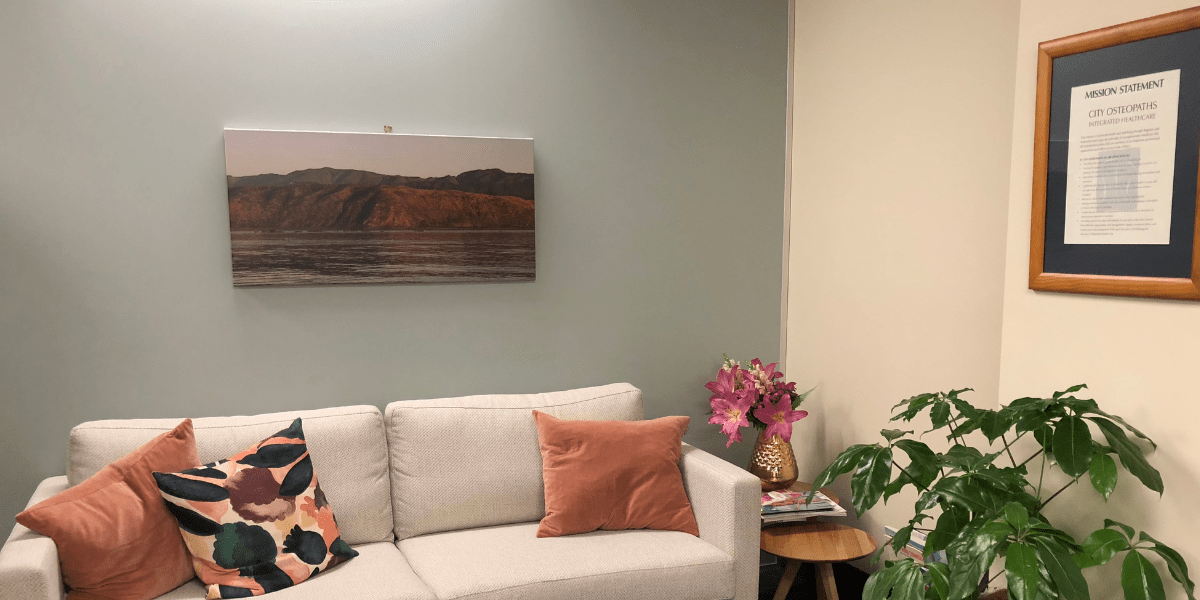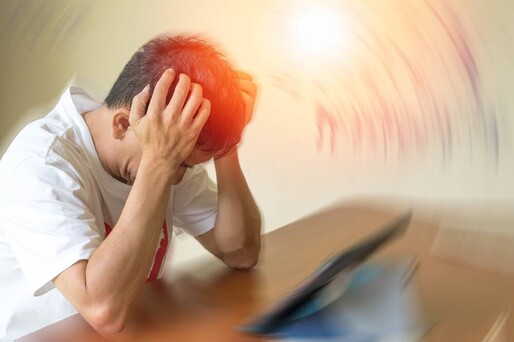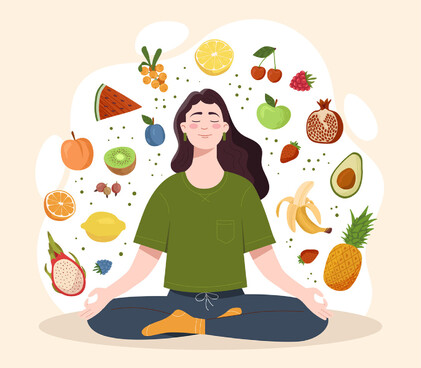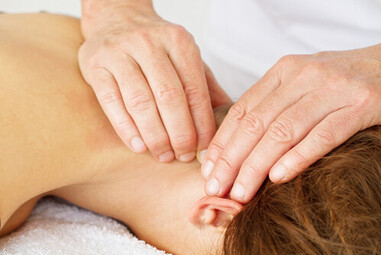I recently wrote an article about what happens in a concussion when you first get one. You can read the article by clicking, here.
To recap, the damage is functional with very little, if any, structural damage to the brain, and that functional deficit heals in ca 22-30 days.
So why do some people still have symptoms beyond that period?
Well, the consequences of the metabolic cascades that happen in the body sometimes last longer than the issues in the brain itself. So the secondary affects can last well beyond that period of metabolic healing in the brain itself.
Drivers of symptoms for PCS
There are 5 different main categories of reasons behind ongoing concussion symptoms:
Autonomic dysfunction
Neuroinflammation, gut issues, hormone imbalances
Vestibular and/or visual dysfunction
Cervical spine issues
Mental health
Here’s a short overview of each:
1. Autonomic dysfunction
The autonomic nervous system (ANS) is what controls all the involuntary functions in our bodies, like heart rate, blood pressure, breathing, digestion and more. It is further divided into two; sympathetic nervous system (SNS) and parasympathetic nervous system (PSNS). SNS simplified is the fight or flight -part, and PSNS the rest and digest -part. These two parts are meant to work together to balance out the system.
After a concussion the balance of the ANS shifts more towards SNS dominance leading to heightened symptoms across the board (as stress usually makes things worse). Symptoms usually get worse with exercise.
The ANS dysfunction is on a spectrum from mild to moderate to severe, where orthostatic intolerance, like orthostatic hypotension and POTS (postural orthostatic tachycardia syndrome) are at the severe end of the scale.
Things that help:
Increasing PSNS activity: these are your vagus nerve stimulating exercises. (Vagus Nerve Stimulation)
Sub-threshold exercise (don’t avoid exercise altogether!)
Stress reduction methods, like meditation, deep breathing etc.
Social engagement: meeting with friends, whanau etc. (for tolerated periods)
2. Neuroinflammation, gut issues, hormone imbalances
The inflammation in the nervous system and in the gut are interrelated, and regulating the inflammation in the gut (that often happens as a result of concussion) is key to regulating inflammation in general in the body.
The best way to regulate the gut is to use diet as medicine: Eat a healthy, whole food diet, avoiding highly processed foods, fried foods, processed sugar and gluten and dairy (common allergens). No alcohol either. This diet is kept up for at least 6-8 weeks.
Good quality sleep is also important for overall healing.
Hormonal issues take a bit longer to manifest, and can show up as late as 6 months into the recovery. If you’re experiencing symptoms of hormonal imbalance (eg. irregularities in your menstrual cycle, unexplained body composition changes, fatigue etc.) see your GP or naturopath.
3. Vestibular and/or visual dysfunction
These are imbalances in how your visual and balance organs are functioning. There are specific tests that can be done to find out whether these are issues for you, and then be treated with targeted exercise protocols.
Symptoms can include anything from more common symptoms like headaches, brain fog and dizziness to balance problems, car sickness, light and noise sensitivity, peripheral vision problems and reading difficulties.
It’s good to have these tested as part of the workup but also to recognise that most of these symptoms can be due to the other causes as well, especially neck problems.
4. Cervical spine issues
Most of the time, if you have a concussion, you’ve also sustained a whiplash (caused by a similar movement but less force than a concussion).
Many muscles in the neck can refer pain to the head and cause headaches. Our neck is also part of the balancing system, along with the vestibular and visual systems, and is important in bringing in proprioceptive input about the head (and body) position to the brain. If some of the muscles are facilitated and under stress, it can distort the information supplied and cause any number of symptoms from headaches to dizziness and brain fog.
See your osteopath for neck treatment to solve any neck tension.
5. Mental health
Psychological resilience has been shown to decrease recovery time and reduce the likelihood of PCS. Preexisting anxiety or depression tend to prolong the recovery and correlate with greater likelihood of having PCS.
As the symptoms of concussion persist over longer periods, it’s quite normal for it to affect our outlook on the subject.
Mindset is very important in recovery, though. Your beliefs affect the stories you tell yourself, those stories affect the state of you and that affects your physiology and behaviour. Think about a time you were happy, and you’ll see I’m right: How are you feeling in your body? How are you behaving when you’re in this state? So harnessing that in your recovery can be very useful.
If you need hep with this, talking to a trained psychologist may be helpful (and can sometimes go under your ACC).
Take home points
Concussion recovery is not straight forward and involves several systems, and thus requires a multidisciplinary approach.
You can get better, with the right help. So go see a well trained concussion professional as soon as possible to get on your recovery journey.
To find out more about author Venla, click here.
